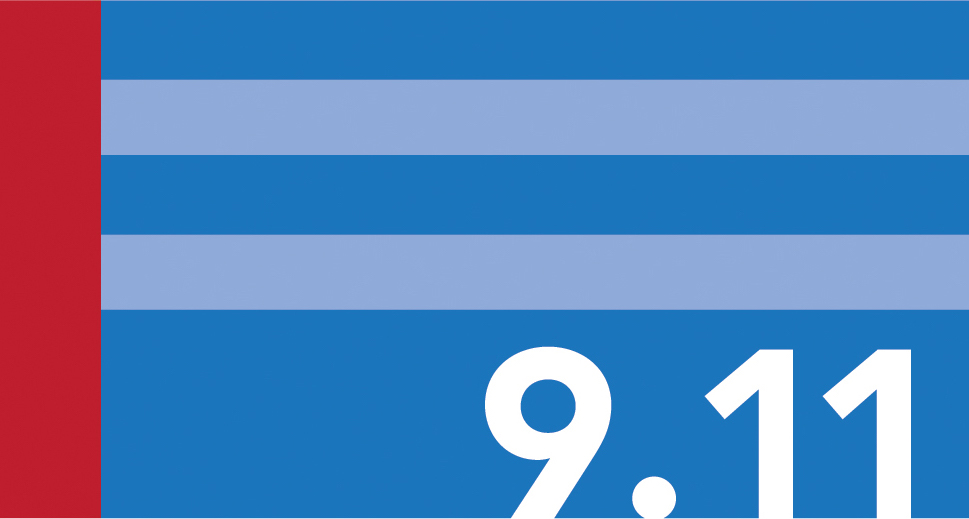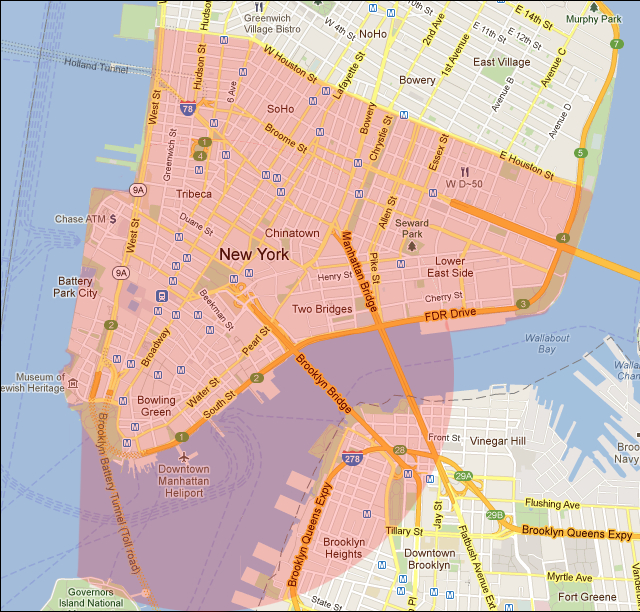
World Trade Center Health Program
Mental Health services for those affected by the World Trade Center disaster.

September 11, 2001 World Trade Center (WTC) disaster forever changed our lives and exposed thousands of people to severe psychological and physical stressors. Those who lived, worked, attended school as well as the responders have suffered server emotional distress and continue to do so many years later. These mental health conditions have taken a significant toll on the quality of life of all those directly affected. Traumatic events can present and re-emerge long after they’ve taken place, so we continued to provide offer treatment for new and existing clients.
As a provider for the World Trade Center Health Program we provide mental health services for 9/11 responders and survivors impacted by the following WTC-related mental health conditions. Services are provided for all of the following people:
- FDNY Responders.
- WTC General Responders
- WTC Survivors (lived, worked or went to school in the NYC Disaster area and were present in the dust and dust cloud).
- Family members of those effected by WTC Health conditions.
Provisions outlined in the James Zadroga 9/11 Health and Compensation Act (2010), Reauthorization Act (2015), and Continuing Appropriations Act, 2020, and Health Extenders Act of 2019 you and your family may be eligible for mental health treatment at no cost to you. This includes deductibles and copays.
Click here to learn about all qualifications provided by the CDC.
If you are not enrolled in the WTC Health Program, enroll today!
Mental Health Conditions We Treat

The World Trade Center (WTC) Health Program provides medically necessary monitoring and treatment for certified WTC-related health conditions. The Program also covers medically associated conditions, which are conditions that result from the treatment or progression of a certified condition. We focus on mental health conditions that can affect your mood, thinking, behavior and relationships. Examples include:
- Post-traumatic stress disorder (PTSD)
- Depression
- Adjustment disorders
- Anxiety and panic disorders
- Substance use disorders
- Major depressive disorder
- Substance use disorder
- As well as the onset of mental health conditions derived from illnesses associated with the World Trade Center disaster.

